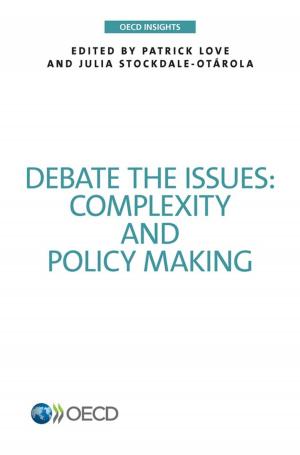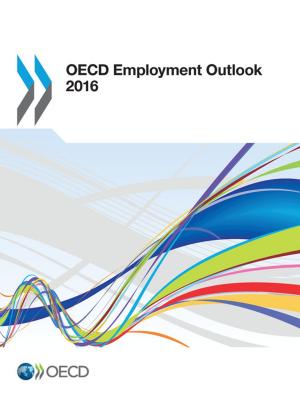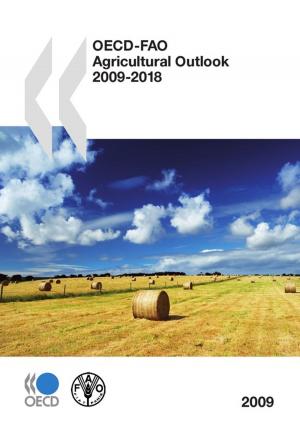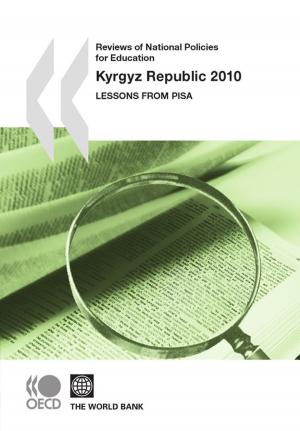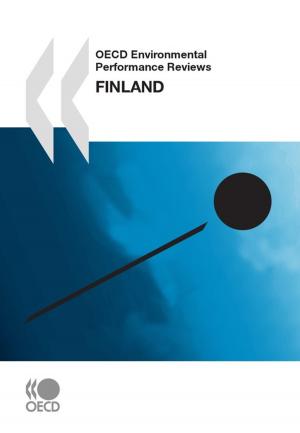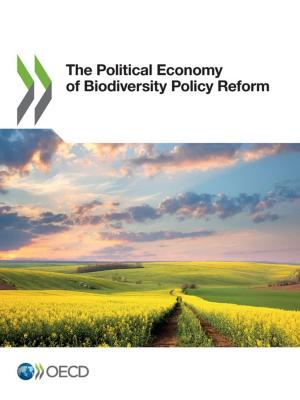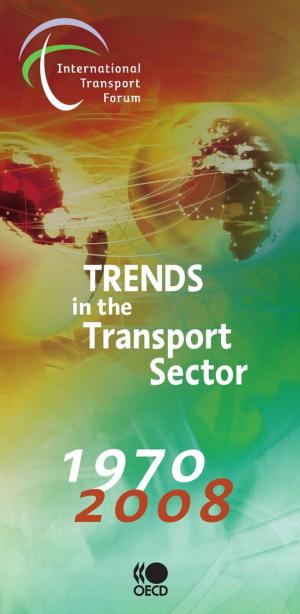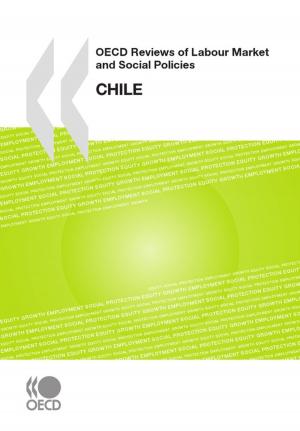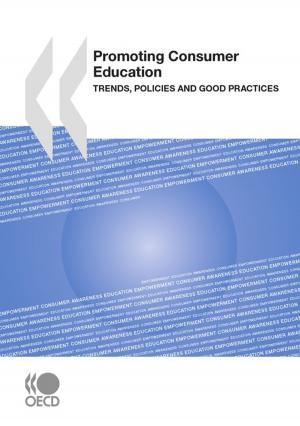The Economics of Adapting Fisheries to Climate Change
Nonfiction, Science & Nature, Technology, Agriculture & Animal Husbandry| Author: | Collective | ISBN: | 9789264090415 |
| Publisher: | OECD | Publication: | February 10, 2011 |
| Imprint: | OECD | Language: | English |
| Author: | Collective |
| ISBN: | 9789264090415 |
| Publisher: | OECD |
| Publication: | February 10, 2011 |
| Imprint: | OECD |
| Language: | English |
Climate change is becoming more evident and, as it increases, will alter the productivity of fisheries and the distribution of fish stocks. From an economic point of view, the changes will have impacts on fisheries and coastal communities in different ways. These expected changes require adaptable and flexible fisheries and aquaculture management policies and governance frameworks. However, the forms of future climate change and the extent of its impact remain uncertain. Fisheries policy makers therefore need to develop strategies and decision-making models in order to adapt to climate change under such uncertainty while taking into account social and economic consequences.
While most work on climate change in the fisheries sector has focused on fisheries science, this book highlights the economic and policy aspects of adapting fisheries to climate change. An outcome of the OECD Workshop on the Economics of Adapting Fisheries to Climate Change, held in June 2010, the book outlines the actions that fisheries policy makers must undertake in the face of climate change. These include: strengthening the global governance system; a broader use of rights-based management systems; ecosystem protection; industry transformation through the ending of environmental harmful subsidies and a focus on demand for sustainably caught seafood; and, in particular, using aquaculture as a key part of the response to climate change.
Climate change is becoming more evident and, as it increases, will alter the productivity of fisheries and the distribution of fish stocks. From an economic point of view, the changes will have impacts on fisheries and coastal communities in different ways. These expected changes require adaptable and flexible fisheries and aquaculture management policies and governance frameworks. However, the forms of future climate change and the extent of its impact remain uncertain. Fisheries policy makers therefore need to develop strategies and decision-making models in order to adapt to climate change under such uncertainty while taking into account social and economic consequences.
While most work on climate change in the fisheries sector has focused on fisheries science, this book highlights the economic and policy aspects of adapting fisheries to climate change. An outcome of the OECD Workshop on the Economics of Adapting Fisheries to Climate Change, held in June 2010, the book outlines the actions that fisheries policy makers must undertake in the face of climate change. These include: strengthening the global governance system; a broader use of rights-based management systems; ecosystem protection; industry transformation through the ending of environmental harmful subsidies and a focus on demand for sustainably caught seafood; and, in particular, using aquaculture as a key part of the response to climate change.

